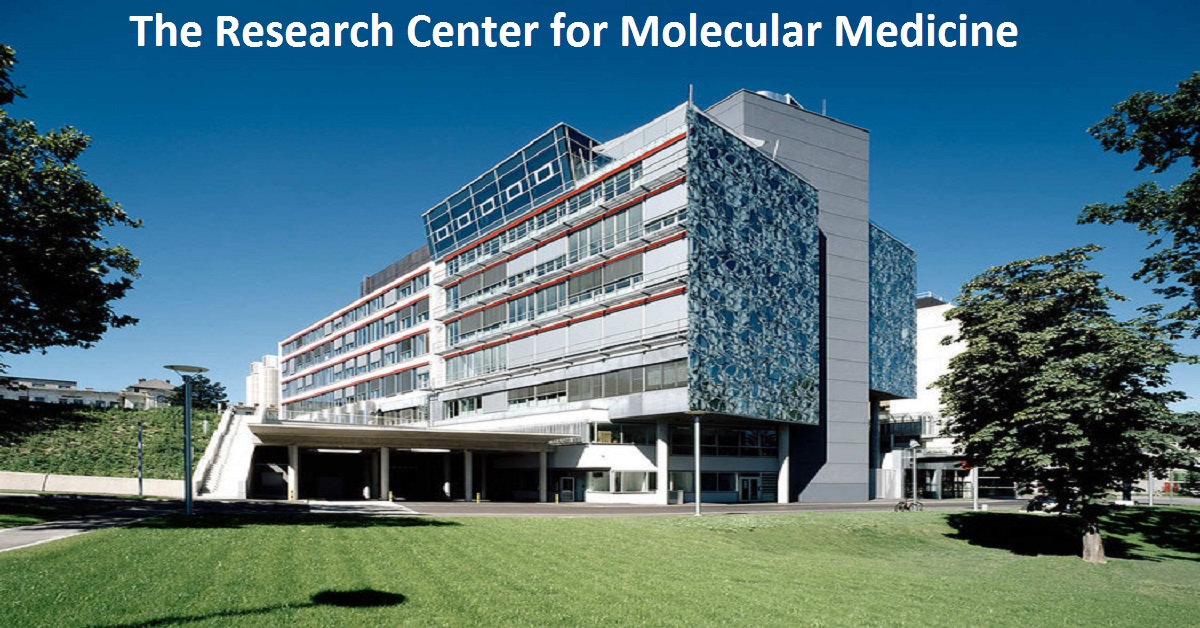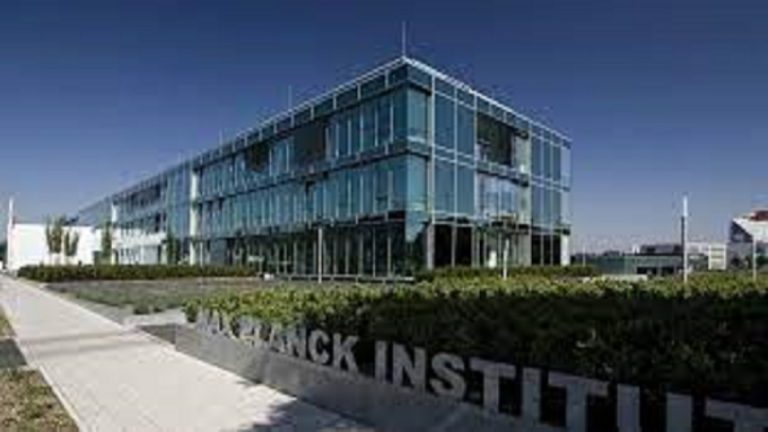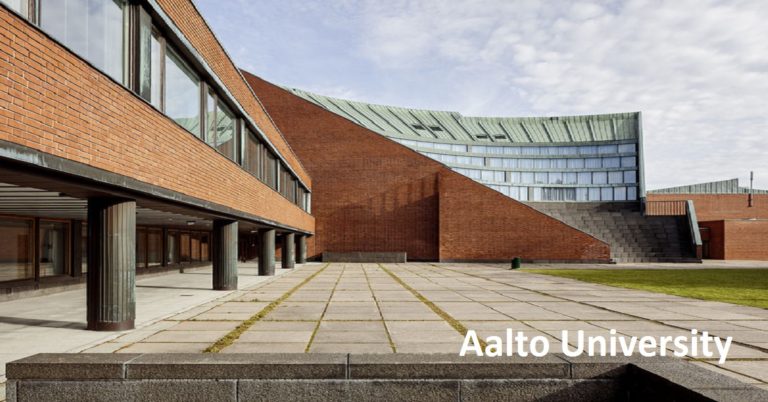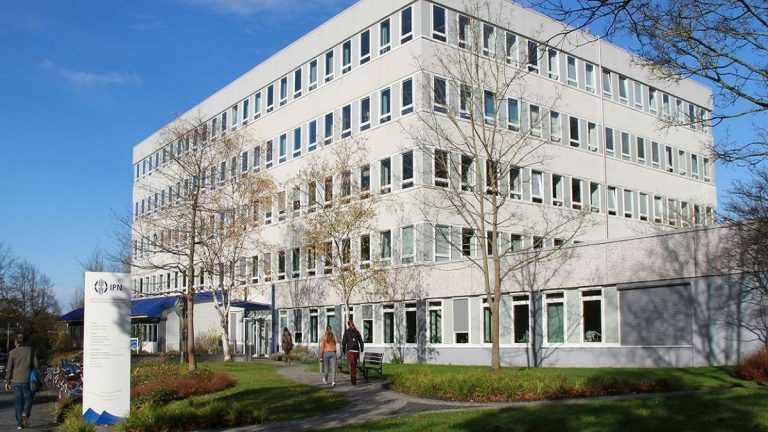
We are recruiting an ambitious master thesis student who wants to pursue groundbreaking research in wet-lab or computational biology in the area of personalized medicine, genomics, cancer, or rare genetic diseases. This position is paid according to the rates of the Austrian Science Fund (FWF). It will be based in the laboratory of Christoph Bock at the CeMM Research Center for Molecular Medicine of the Austrian Academy of Sciences in Vienna.
The Project
We are offering a position for a Master thesis student to pursue a project in one the following areas:
- Wet-lab 1: Functional investigation of the role of epigenetics in cancer by high-throughput perturbations and epigenome editing. This project may also involve the engineering of innovative techniques for CRISPR screens and single-cell sequencing.
- Wet-lab 2: Development and application of CRISPR perturbation screens in patient-derived organoids, with the goal of identifying and characterizing key regulators of cell fate in human physiology and in diseases such as cancer.
- Computational 1: Development and validation of open-source software for rare disease diagnostics and/or childhood cancers, in collaboration with the St. Anna Children’s Cancer Research Institute.
- Computational 2: Development of new computational methods and software for the analysis and visualization of single-cell sequencing datasets, leveraging recent progress in machine learning including (but not limited to) deep neural networks.
The Candidate
We are looking for outstanding Master thesis students with a strong academic record, exceptional motivation to go beyond “good enough”, and a minimum time commitment of 8 to 12 months. In return for our high demands, we provide the opportunity to work on cutting-edge research in a highly supportive environment, with significant chances for contributing to (or even leading) an important scientific publication.
The Lab (https://www.medical-epigenomics.org/)
The Medical Epigenomics Lab at CeMM pursues interdisciplinary and highly collaborative biomedical research, focusing on the following areas:
- Single-cell biology. Many diseases show deregulation of epigenetic cell states. As a member of the Human Cell Atlas, we use single-cell sequencing and human organoids to dissect the gene-regulatory foundations of cancer & immunity.
- High-throughput technology. Many groundbreaking discoveries are driven by new technologies. We invest heavily into technology development, including single-cell sequencing, CRISPR screens, epigenome editing, and synthetic biology.
- Machine learning. Huge datasets pose new analytical challenges. As a fellow of the European Laboratory for Learning and Intelligent Systems, we develop methods for interpretable deep learning and artificial intelligence in biology.
- Immune cell engineering. CAR T cells have shown dramatic efficacy for blood cancers and may spearhead a broad shift toward personalized, cell-based therapies. We use high-throughput technology to design synthetic immune cells.
The Principal Investigator (https://scholar.google.com/citations?user=9qSsTcIAAAAJ)
Christoph Bock is a principal investigator at the CeMM Research Center for Molecular Medicine of the Austrian Academy of Sciences. His research focuses on cancer and immunology, combining experimental biology with high-throughput technology and computational methods. He is also a guest professor at the Medical University of Vienna, scientific coordinator of the Biomedical Sequencing Facility at CeMM, group leader at the Ludwig Boltzmann Institute for Rare and Undiagnosed Diseases, and an elected member of the Young Academy of the Austrian Academy of Sciences.
He coordinates the HCA|Organoid project pursuing single-cell analysis of human organoids, which constitutes part of the European contribution to the Human Cell Atlas, and he co-founded Genom Austria, a citizen science project that is the Austrian partner in the International Network of Personal Genome Projects. He has received major research awards, including the Max Planck Society’s Otto Hahn Medal (2009), an ERC Starting Grant (2016-2021), and the Overton Prize of the International Society of Computational Biology (2017). He co-founded Aelian Biotechnology, a Vienna-based startup company that develops and applies single-cell methods for high-throughput biology and drug discovery.
CeMM is an international research institute of the Austrian Academy of Sciences and a founding member of EU-LIFE. It has an outstanding track record of top-notch science and medical translation (last few years: >10 papers in Nature/Cell/Science/NEJM, >25 papers in Nature/Cell sister journals). With ~150 researchers, CeMM provides a truly collaborative and personal environment, while maintaining critical mass and direct access to all relevant technologies. Research at CeMM focuses on cancer, inflammation, and immune disorders. CeMM is located at the center of one of the largest medical campuses in Europe, within walking distance of Vienna’s historical city center. A study by “The Scientist” placed CeMM among the top-5 best places to work in academia world-wide (https://www.the-scientist.com/features/best-places-to-work-academia-2012-40676). Vienna is frequently ranked the world’s best city to live. It is a United Nations city with a large English-speaking community. The official language at CeMM is English, and more than 45 different nationalities are represented at the institute. CeMM promotes equal opportunity and harbors a mix of different talents, backgrounds, competences, and interests.
Please apply online: https://cemm.jobbase.io/job/ichir29x with cover letter, CV, certificates and grades (university & high school graduation), reference letters if readily available, details about research skills and experiences (how long in which lab, which technologies?), contact data of current and past supervisors, and any additional materials that would help us assess the past performance and future potential of the applicant. Applications will be reviewed on a rolling basis. Any application received by 30 August 2020 will be considered. Start dates are flexible.






